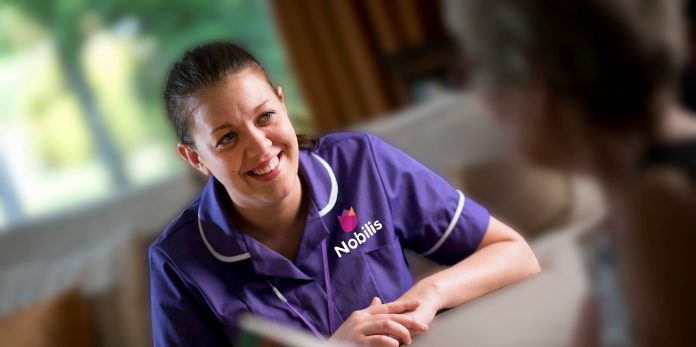Southampton-based homecare provider Nobilis plans to complete five deals over the next three months, adding to eight acquisitions it made last year.
The operator, which has nine branches, is expected to complete transactions for domiciliary businesses in Suffolk, Hertfordshire and Northamptonshire before April. Last year, the provider bought Mineral Care, Kensington Care, Elite Care and Avida in Gloucestershire, BrightSpark in Surrey, SR Homecare in Bristol, as well as Carefirst and D. Care on the Isle of Wight.
In 2019, it acquired Ashwood Care in Hampshire, Brunel Care in Somerset and Allied Care in Gloucestershire.
Founders Nicky and David Watt have been leading the acquisition drive, while managing director Peter Harrington, who joined the business in April, has been focusing on operations.
‘Our strategy was to bolt on to where we have an existing footprint, but now we are going into new territories,’ Harrington told CM. ‘The Isle of Wight is a new territory and Bristol is new for us.’
He said it could grow its presence in the Greater Manchester area where Nobilis has a branch in Oldham. ‘It’s on its own so we will look potentially to grow in that area and create a cluster,’ Harrington said.
Revenue was £15m last year, up from £7m in 2019.
Its strategy to buy smaller domiciliary care businesses, which deliver between 500 and 750 hours of care a week, now sees Nobilis provide more than 15,000 hours of support a week. By April, this will be close to 22,000 hours with plans to reach 30,000 by end of 2021, helping double revenue to £30m.
As part of its growth strategy, the business, which employs 750 carers, is also investing £400,000 in IT to help centralise operations and is creating a separate revenue stream through training academies.
Academies in Gloucestershire, Surrey and the Isle of Wight, with plans for a fourth in Suffolk, will support new staff as the business scales up and offer broader training needs to local authority partners.
Harrington said UK families were searching for new ways of caring for family members as an alternative to care home provision.
‘Care homes will remain a necessity,’ he said. ‘However, I do believe more people are considering domiciliary care than ever before. Enquiries are significantly higher than we have seen before. We do not have enough staff to cope with demand in some geographies… Part of that is driving the acquisition strategy.’








 ©2024 All rights reserved LaingBuisson
©2024 All rights reserved LaingBuisson 


